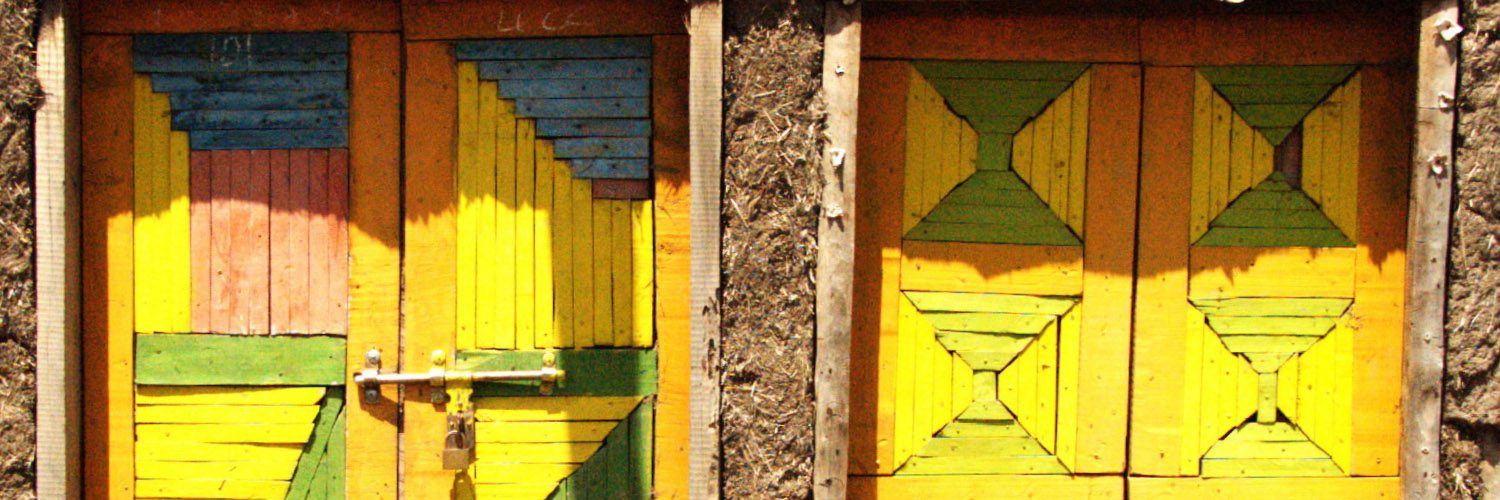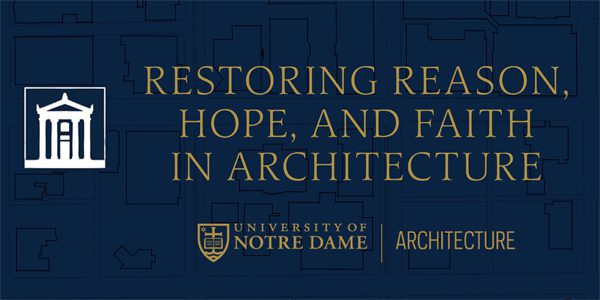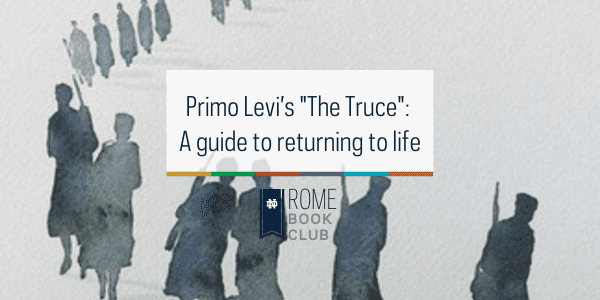Top 10 Learning Moments
- In some ways Africa is still the early Church, insofar as African people have learned to appropriate the truths of Christianity in a way that’s comfortable to them. — Rev. Paul Kollman, C.S.C.
- One of the main challenges of the Church in Africa is the lack of strong catechesis. Though many groups are beginning to act on this shortcoming, establishing religious institutions and facilities commands the attention of many priests and religious, leaving little time for the formation of younger generations.
- These [small Christian communities] have been the root that holds together the Catholic Church, especially in Eastern and Central Africa. It’s a connection. It’s the ability to take responsibility for each other. — Rev. David Lyimo Eliaona, C.S.C.
- My mission is to give African Christians and their leaders a past that is usable for them to live in the present in a vital way. — Rev. Paul Kollman, C.S.C.
- One of the great gifts that North American Christianity has given to the world is the distinctive ways that African Americans have read the Scriptures, especially as a text of liberation. — Rev. Paul Kollman, C.S.C.
- I am here in Mishawaka to bring, from my own religious and cultural experience in Africa, new ways of seeing and of being Christian. — Rev. Kenneth Amadi
- Different Christian communities are figuring out ways to ritualize the affliction they’ve suffered and to move toward the reconciliation they seek. — Rev. Paul Kollman, C.S.C.
- We must remember that we are created by God and we must not put ourselves at the center, we must decentralize ourselves and have God be in the center. If we are in the center, we will be misusing the creation, see other people as objects to use, see them as less important than us. Augustine says that is pride. Pope Francis calls it intensive anthropocentrism. — Sr. Edelquine Shivachi
- These days, the challenge is to encourage people to find spirituality that’s authentic to their life and that speaks to them of the friendship of Jesus plus also builds up the unity of the Church. — Rev. Paul Kollman, C.S.C.
- The most important aspect of the faith is to rise up and take action. Show others who you are and what you do for the faith while glorifying God in the process.
Interested in learning more?
This series is hosted by ThinkND, the University of Notre Dame’s online learning community that connects you with videos, podcasts, articles, courses, and other resources to inspire minds and spark conversations on everything from faith and politics to science, technology, and your career.
Featured Speakers
Rev. Paul Kollman, C.S.C. ’84, ’90 M.Div., Associate Professor, Theology
“One of the great gifts that North American Christianity has given to the world is the distinctive ways that African Americans have read the Scriptures, especially as a text of liberation.”
– Rev. Paul Kollman, C.S.C.
African Catholic Dynamism
The first live event highlighted aspects of African Catholic dynamism, especially in liturgy and social services. A parish run by Holy Cross in Dandora, a neighborhood in Nairobi, Kenya, will be used to highlight this dynamism.
The History of Christianity in Africa: Features
This history has shaped African Christianity. It has lifted up prophets who resisted racism and colonialism, led to African-initiated churches, and produced remarkable African leaders in mission-founded churches.





